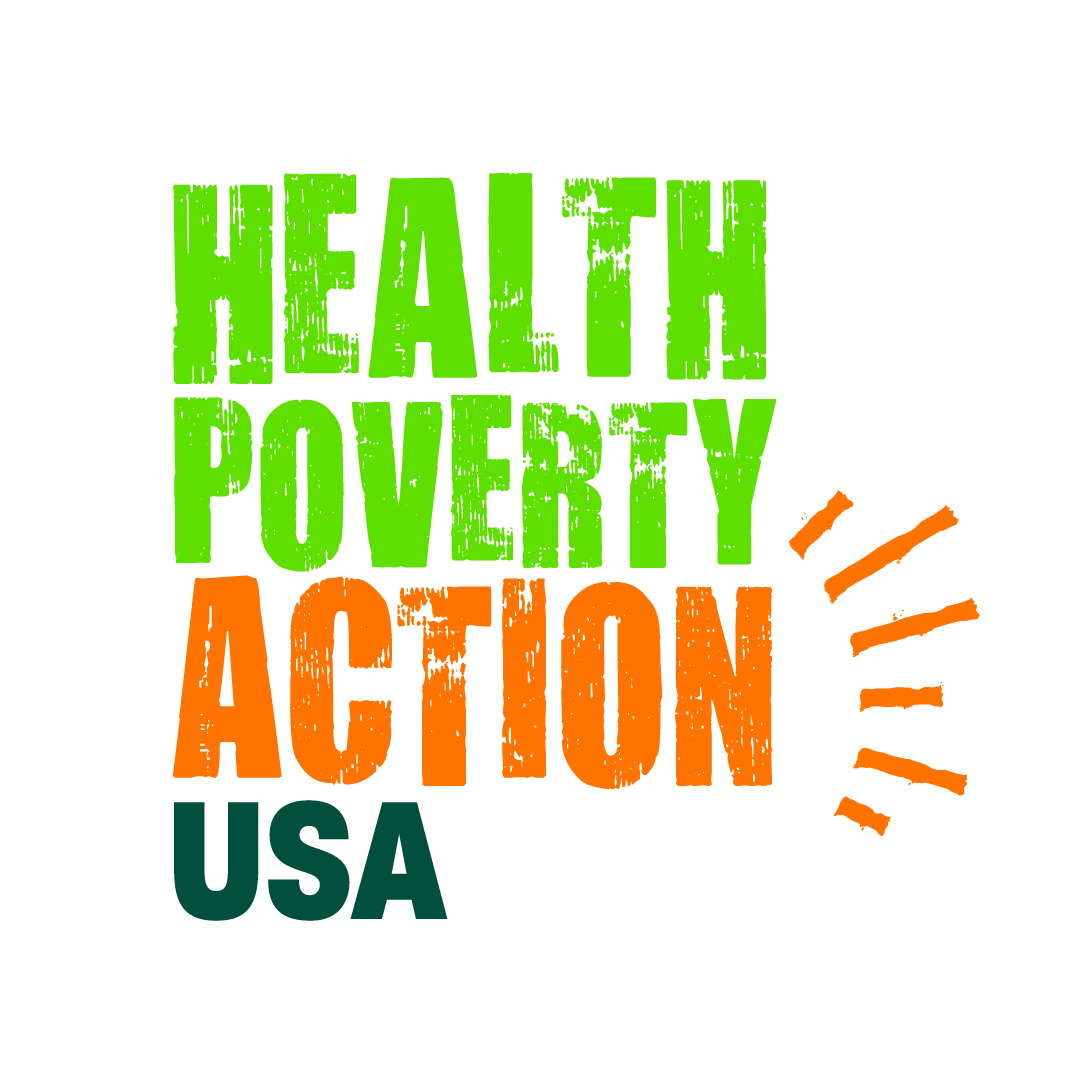Healthcare for all
On by Sorsha Roberts
Health is a human right, no matter who we are or where we are born.
In 1978 this was recognised by all member states of the WHO in the landmark Alma Ata declaration. Being able to access good quality health care is an important aspect of health for all. Yet for many people this remains out of reach.
For some this is because the health systems where they live are weak. They may not have access to health clinics, or drugs may be in short supply.
For many it is because there are not enough health workers. The world is facing a global shortage of health workers with over 50 countries suffering from critical shortages. In some countries the figures are stark: Sierra Leone has two doctors for every 100,000 people. In Tanzania and Liberia, there is only one for every 100,000 people.
It is not always just the lack of healthcare. In some cases it exists but is unaffordable to all but the rich.
For others it can be inaccessible for other reasons, such as language barriers, cultural practises or discrimination. Indigenous people, or other cultural and ethnic minorities, often have poorer health than the rest of the population and are more likely to die or face complications related to pregnancy.
Achieving healthcare for all means building strong health systems that deliver quality, free health services to all. To complement our work strengthening health services on the ground, Health Poverty Action advocates for Universal Health Coverage to address the shortage of health workers and dismantle the cultural barriers that prevent people from accessing health services.

